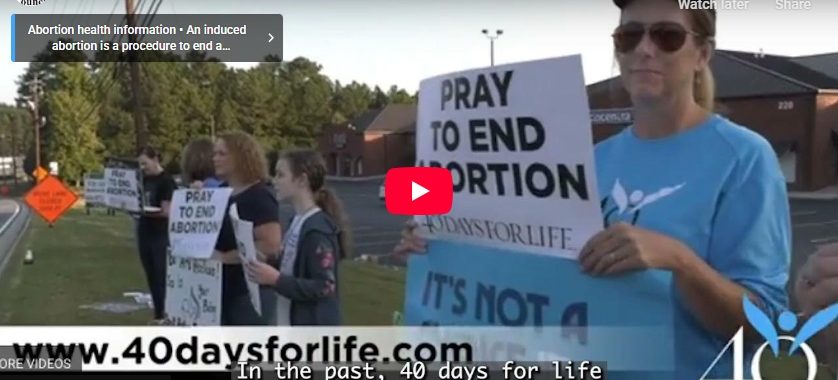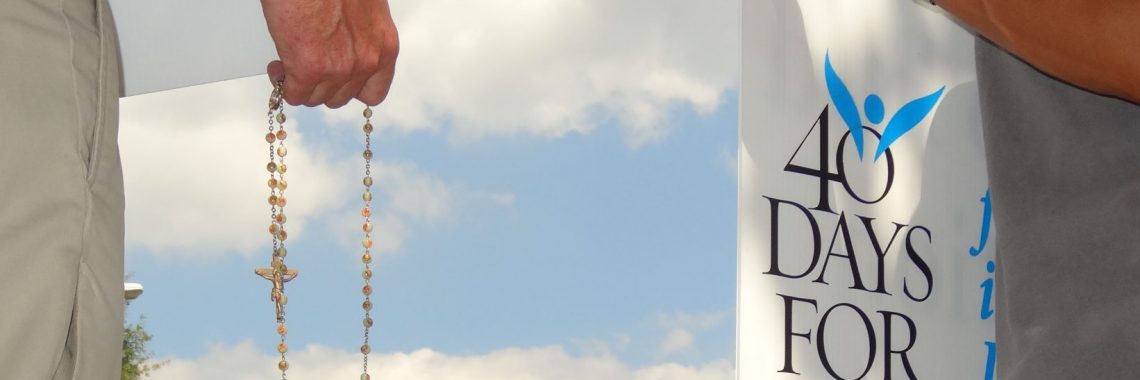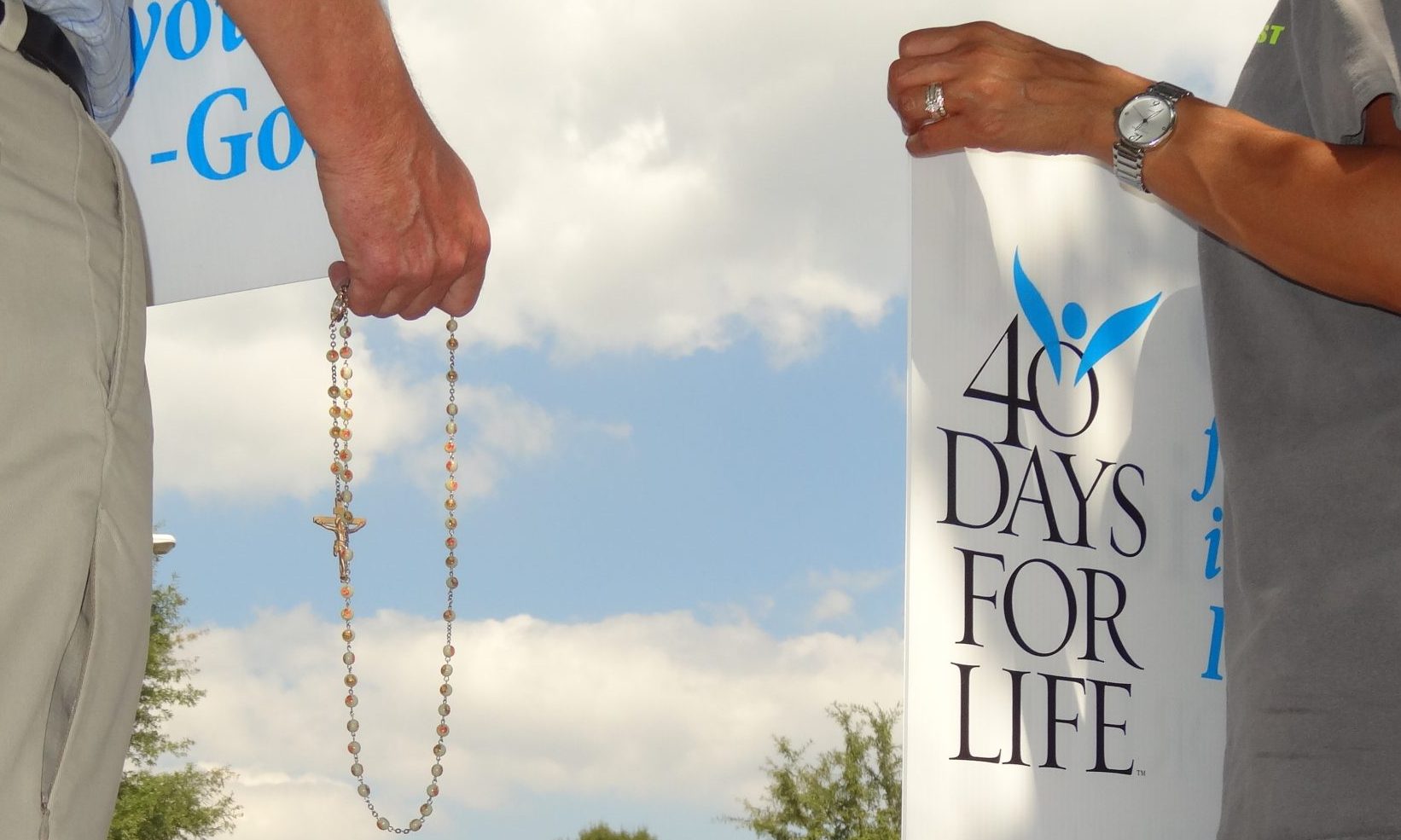As States Legalize Assisted Suicide, Pro-Lifers Must Stand Strong

Late last year, New York Governor Kathy Hochul announced a deal to legalize assisted suicide for terminally ill patients.
The so-called “Medical Aid in Dying Act” is supposed to make it possible for patients expected to die within six months to request a prescription for lethal drugs.
Illinois Governor J.B. Pritzker signed a similar assisted suicide law in December as well.
Illinois’ and New York’s assisted suicide laws represents a growing threat to pro-life states like Arkansas.
Currently, thirteen states plus Washington D.C. allow some form of assisted suicide or euthanasia.
From experience, we know that supporters of assisted suicide and euthanasia may use the recent passage of these laws to promote similar legislation in Arkansas. In the past, when other states legalized assisted suicide, pundits tried to argue that states like Arkansas are “behind the times” and need to pass similar laws.
Arkansas has strong pro-life protections, but we must remain vigilant. Our state constitution protects life, and our lawmakers have consistently rejected assisted suicide proposals. We must work hard to make sure all of that continues.
Being pro-life means believing human life is sacred from conception until natural death. Just like abortion, euthanasia and assisted-suicide are murder, and they violate the sanctity of human life. Pro-lifers must stand strong against them.
Articles appearing on this website are written with the aid of Family Council’s researchers and writers.




